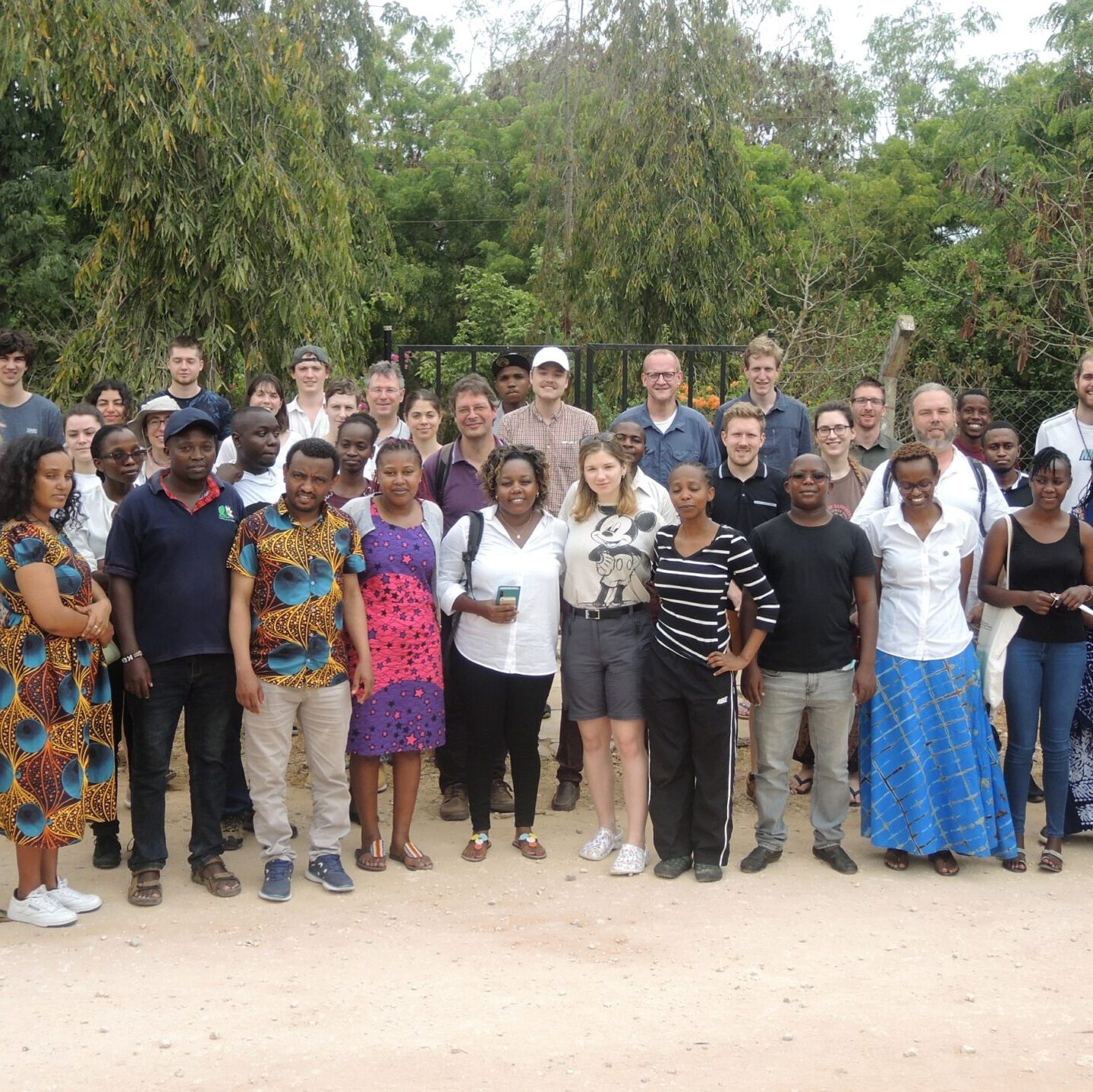EXPANDING HORIZONS IN THE SOUTHERN HEMISPHERE
Students from the PLUS and from different universities in Germany, Kenya and Ethiopia spent a month studying cultural diversity and biodiversity in southern Kenya.
Habitats in the southern hemisphere are particularly affected by climate change and the overexploitation and resulting degradation of ecosystems. The last remaining mostly intact habitats are now limited to protected areas and sacred places that have been preserved for cultural and spiritual reasons. This is also the case in the Kaya coastal forests in southern Kenya.
Focus on cultural diversity and biodiversity
The focus of this collaborative project for students and researchers from Europe, Kenya and Ethiopia are these cultural diversity and biodiversity hotspots. The value of this cultural and biological heritage is explored in transdisciplinary teaching and research activities with partner universities from Kenya and Ethiopia.
Over the last few weeks, researchers and students from the PLUS have been studying the Kaya Kambe forest fragment in southern Kenya next to the Indian Ocean. It became clear that this forest is an important habitat for numerous endangered animal and plant species. The forest provides essential resources for the local community, such as medicinal plants. At the same time, the forest acts as a carbon sink and balances the regional climate with sufficient precipitation.
Data evaluation to be used in Bachelor’s and Master’s theses
PLUS students will now analyse and interpret their collected data in their Bachelor’s and Master’s theses. Over the next two years, researchers will pool their findings and develop strategies to preserve the valuable legacy of what was once a vast forest area. Together with colleagues from Kenya and Ethiopia, these strategies will then be communicated and implemented at a local level.
The hope is that these last remnants of the East African Coastal Forest, which once covered a large area, will be preserved for future generations, and with them the cultural diversity and biodiversity. This visit has certainly contributed to a greater understanding and awareness of these unique forest areas, and has been a valuable experience for students from all universities around the world – broadening the horizons of all involved!
__________________________
Link to the project: https://biocult.net/





